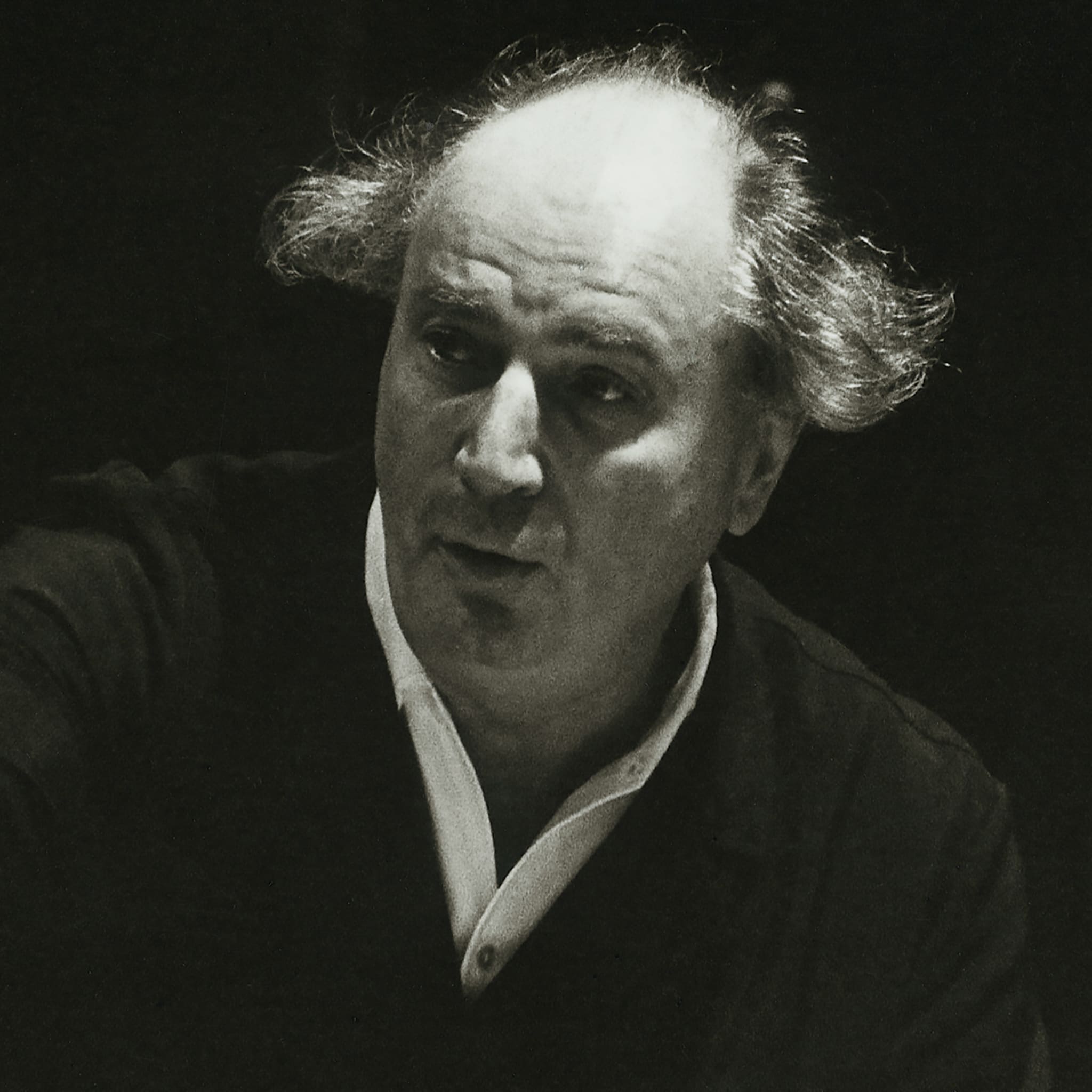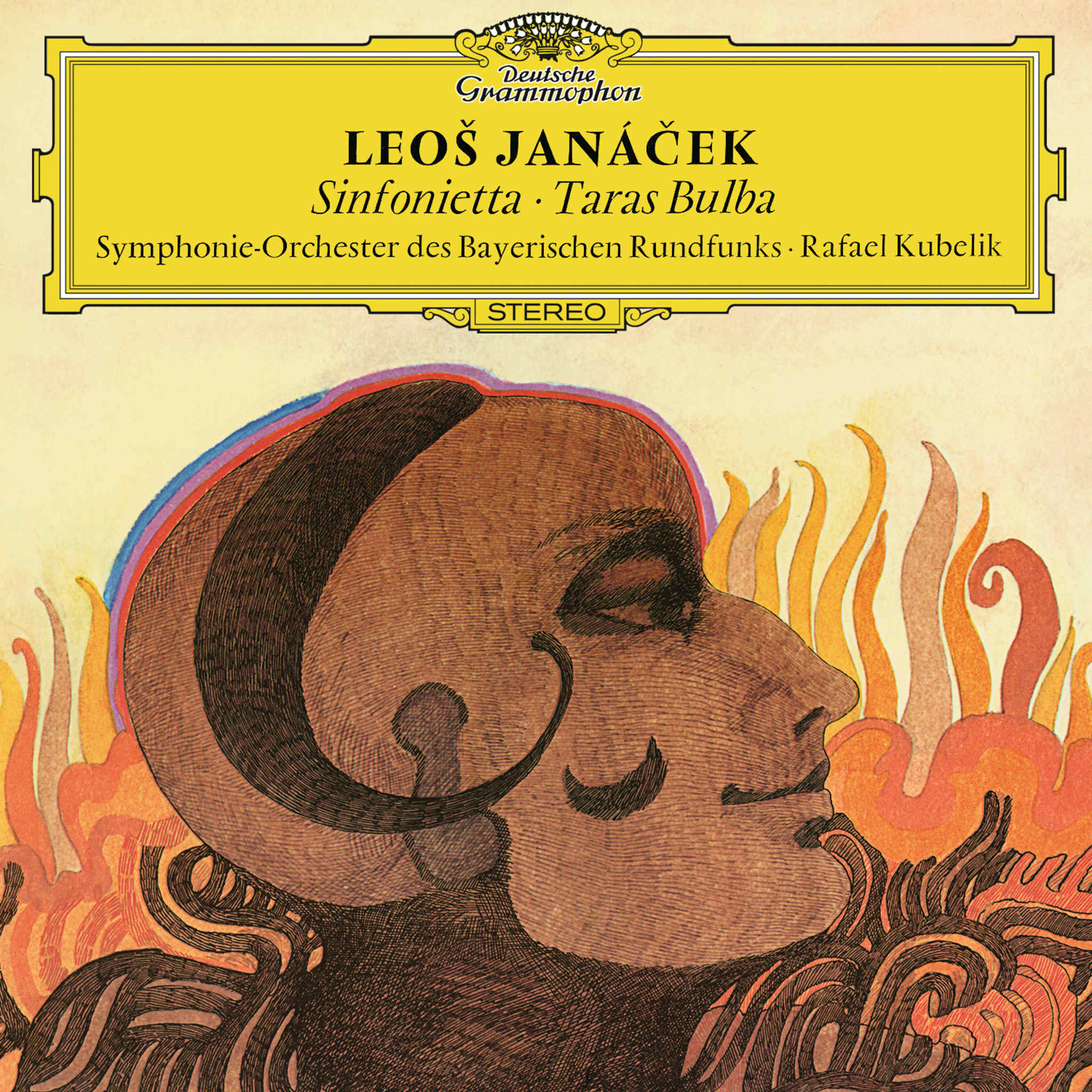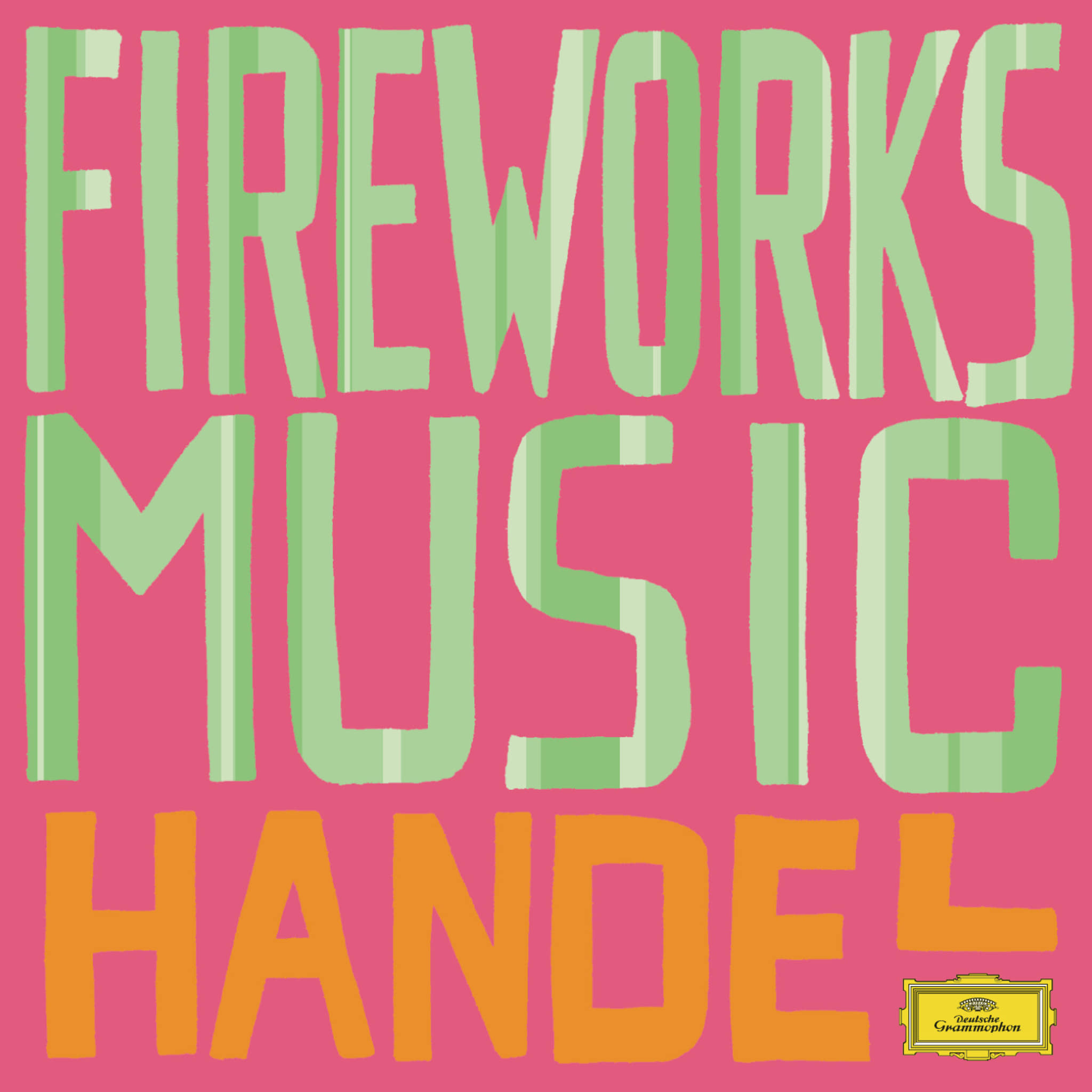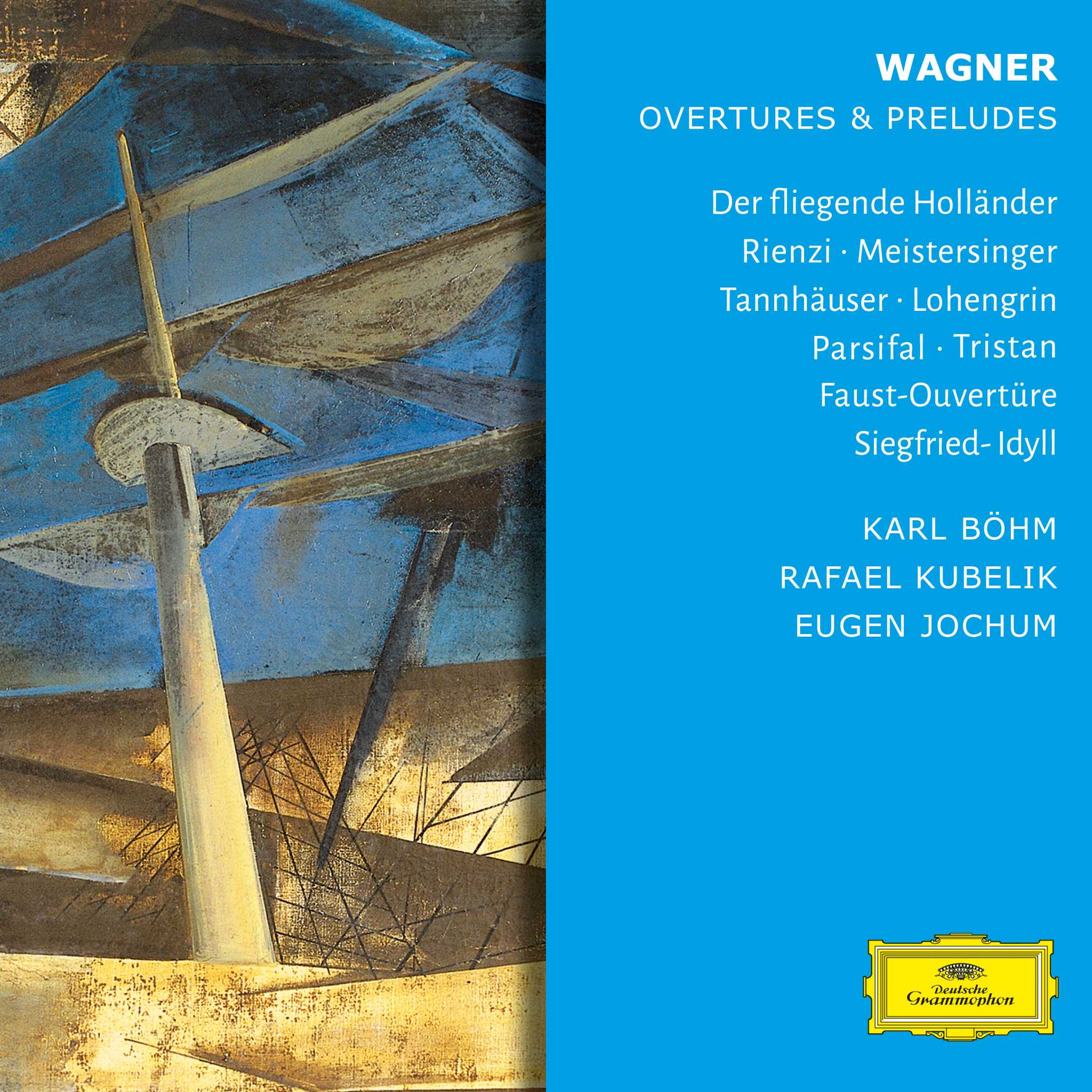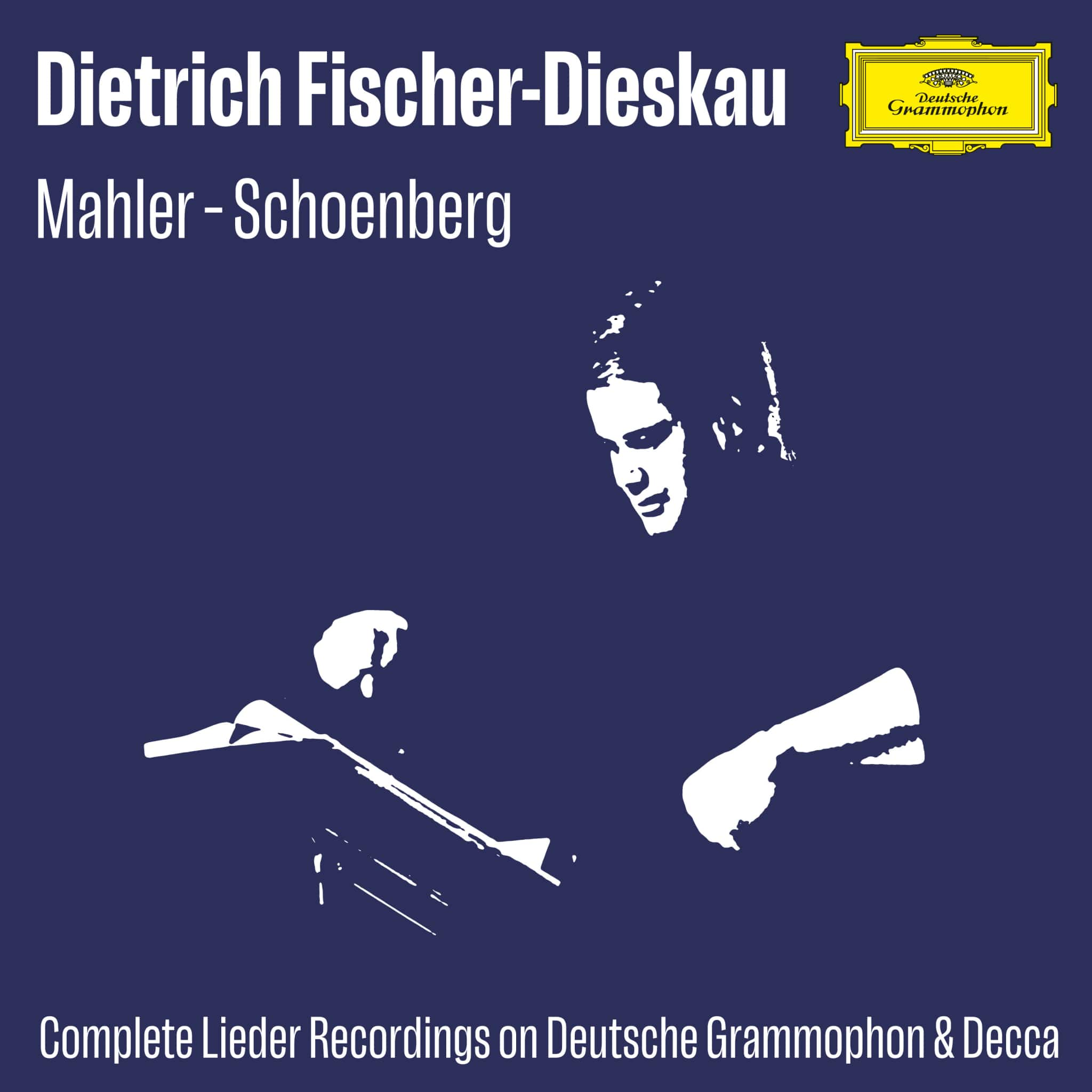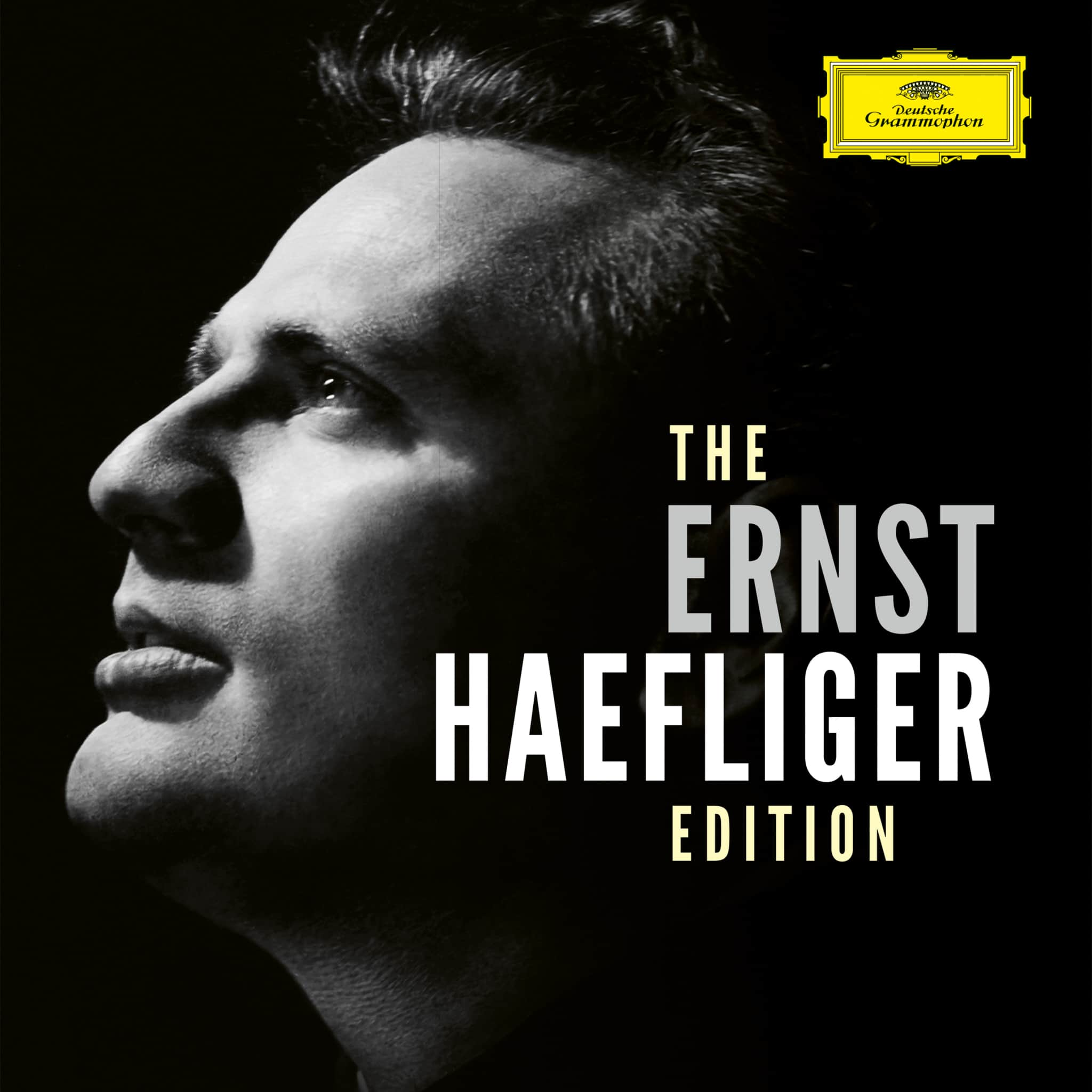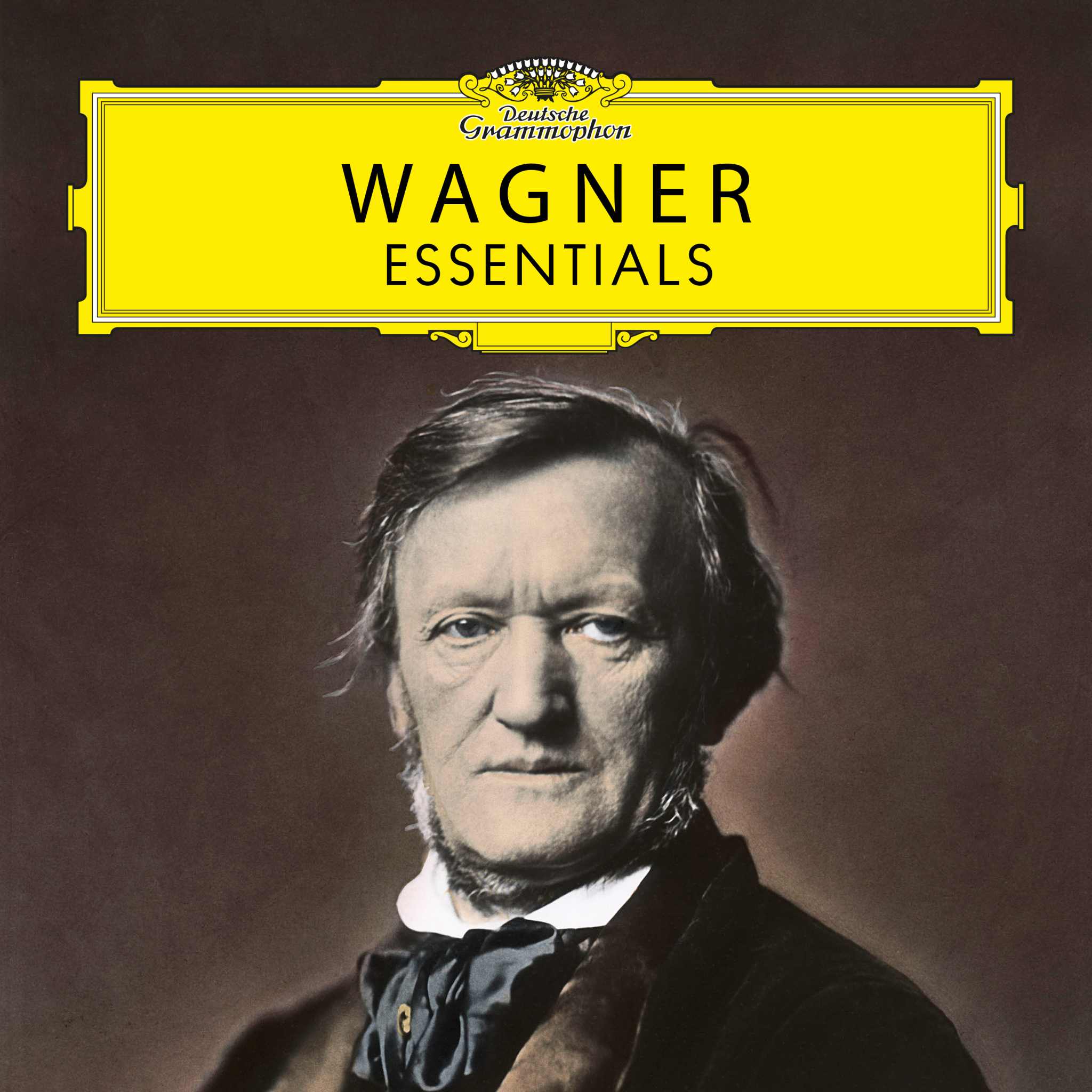Insightful Masterworks by Rafael Kubelík
The life and career of Czech-born conductor Rafael Kubelík offer a unique insight into the entire history of 20th-century Europe. Born at the tail-end of the Austro-Hungarian empire and returning to newly liberated Prague in 1990 after years of exile, Kubelík's journey is a testament to resilience and determination.
Trailblazing Compositions Conducted By Rafael Kubelík
Kubelík was not just a musical pioneer, promoting the work of compatriots Smetana, Dvořák, and Janáček. He was also among the foremost champions of Mahler and Bruckner, and a promoter of Berlioz’s dramatic opera Les Troyens. His background in music, marked by studying piano, violin, composition, and conducting, is reflected in the profound understanding of music evident in his performances.
His trailblazing journey in music took him from the principal conductor of the Czech Philharmonic to the music director of Brno Opera and Chicago Symphony Orchestra, ultimately leading to his pivotal 18-year tenure as the Music Director of the Symphonieorchester des Bayerischen Rundfunks in Munich from 1961 to 1979.
Kubelík's legacy is preserved in his vast collection of recordings, which include a complete Mahler cycle with his Munich orchestra, benchmark versions of Wagner’s Die Meistersinger von Nürnberg and Parsifal, among others.
Despite retiring from conducting in the mid-1980s, Kubelík returned to the podium in 1990, following the “Velvet Revolution” to open the Prague Spring Festival with the Czech Philharmonic. He conducted a triumphant performance of Smetana’s Má vlast – “My Homeland.” A film of this historic event is a testament to his extraordinary career.
Rafael Kubelík: Life, Legacy, and Key Recordings
Rafael Kubelík (1914–1996) was a Czech conductor and composer whose career spanned the turbulent twentieth century and made him an ambassador for both Czech music and the broader Central European symphonic tradition. His artistry and leadership shaped the performances of major orchestras and left a significant legacy of recordings.
He debuted with the Czech Philharmonic at age 19 and became a full-time conductor in his early twenties. Appointed Music Director of Brno Opera in 1939; soon after, he became Principal Conductor of the Czech Philharmonic, even during the Nazi occupation. An outspoken opponent of both Nazi and Communist regimes, Kubelík went into exile in 1948 after the Communist takeover of Czechoslovakia and settled in the UK, later becoming a Swiss citizen.
His major positions included Music Director of the Chicago Symphony Orchestra (1950–53), Musical Director of the Covent Garden Opera (1955–58), where he conducted the first UK performance of Janáček’s Jenůfa and a landmark production of Berlioz’s Les Troyens, and Principal Conductor of the Bavarian Radio Symphony Orchestra (1961–1979). He also had a brief tenure at the Metropolitan Opera, New York (1973–74).
After the Velvet Revolution, he returned to Czechoslovakia in 1990, opening the Prague Spring Festival with the Czech Philharmonic in a celebrated performance of Smetana’s Má vlast.
Kubelík was especially esteemed for his advocacy of Czech composers Smetana, Dvořák, and Janáček, as well as his vision in championing works by Mahler, Bruckner, and Berlioz. His musical legacy and notable recordings continue to inspire and influence generations of musicians and music lovers.
